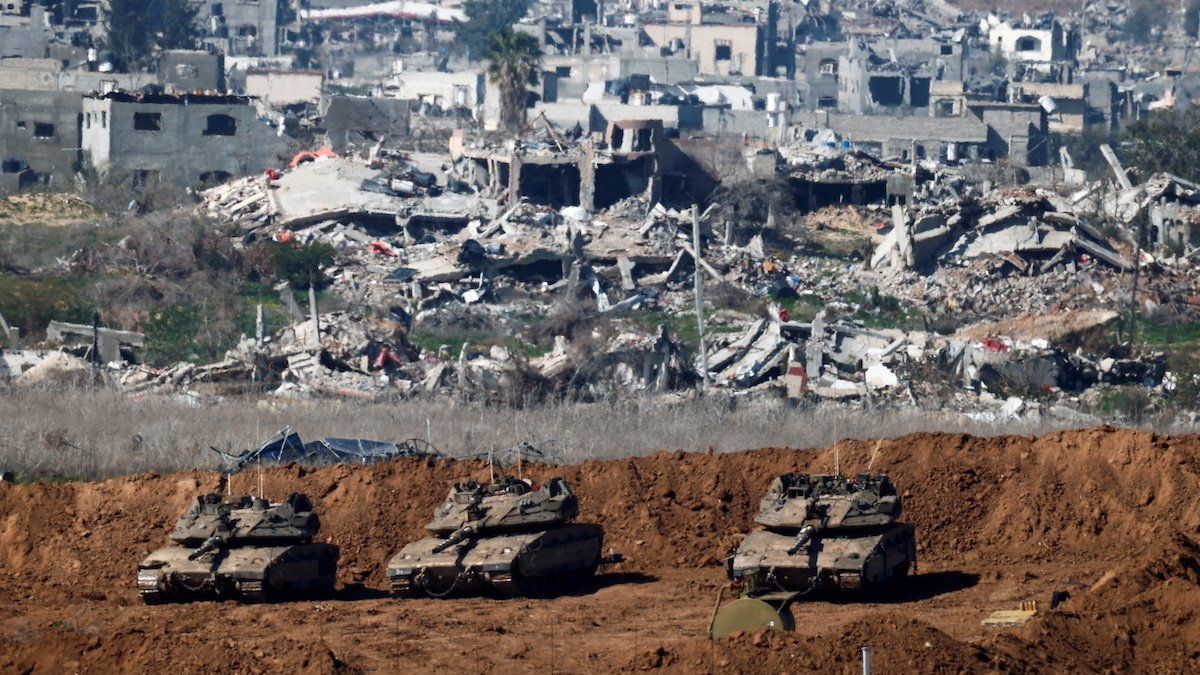Will the Israel-Hamas ceasefire get to phase two? After the initial exchange of hostages and prisoners this past weekend, there is growing skepticism, including from the White House, that the deal will hold.
“I’m not confident. It’s not our war, it’s their war,” President Donald Trumpsaid Monday.
Israeli Finance Minister Bezalel Smotrich has threatened to resign if Prime Minister Benjamin Netanyahu does not break the ceasefire once the first 42-day phase is over and continue Israel’s efforts to eradicate Hamas. This comes on the heels of far-right leader Itamar Ben-Gvir and a couple of his colleagues quitting the cabinet over the “reckless” deal, leaving Netanyahu’s government dependent on the support of opposition leader Yair Lapid for its survival – for now.
While both Israel and the US say continued Hamas control of Gaza is a nonstarter, the reality is that despite 15 months of Israeli military operations, Hamas remainsfirmly in control of the territory. At Sunday’s exchange of three female hostages, dozens of Hamas fighters surrounded the Red Cross vehicles carrying the Israelis in a show of force. Despite the killing of leader Yahya Sinwar, the group’s exiled leadership reportedly remains functional, and Sinwar’s brother Mohammed has a greater role in the organization.
A second front? While hostilities have ceased in Gaza, on Tuesday Israel launched a “counterterrorism” operation in the occupied West Bank, killing nine and injuring dozens, according to Palestinian officials. Hamas leaders condemned the violence and called on Palestinians in the territory to increase their attacks on Israelis – something that could further jeopardize the fragile peace.
